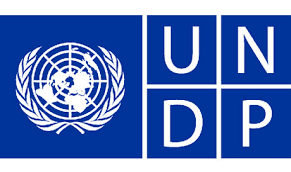
Objective:
This large-scale assessment aimed to evaluate household livelihood vulnerabilities, income sources, education levels, and the impact of climate change and political transitions on communities in northern Afghanistan. The survey identified key vulnerabilities, including limited irrigation access, inadequate housing conditions, and low livelihood diversification, providing critical insights to inform future interventions and policy decisions.
Methodology:
A rigorous mixed-methods approach was employed, leveraging both qualitative and quantitative data collection tools:
- Household Surveys: Conducted 3,485 surveys to assess food security and economic stability.
- Focus Group Discussions (FGDs): Facilitated 12 FGDs to capture community perspectives on challenges and adaptive strategies.
- Key Informant Interviews (KIIs): Engaged 90 stakeholders to analyze systemic barriers and policy implications.
- Observations: Conducted 419 structured field observations to document environmental and infrastructural conditions.
The study utilized CAPI (Computer-Assisted Personal Interviews), SPSS, and DFID Livelihood Framework tools to ensure data accuracy and in-depth analysis.
Scope of Work:
Adroit Associates conducted a comprehensive assessment, covering:
- Survey Design & Tool Development: Creating structured instruments tailored to local contexts.
- Fieldwork & Data Collection: Executing large-scale surveys across diverse geographic and socio-economic settings.
- Data Validation & Analysis: Ensuring data integrity through systematic verification and advanced statistical analysis.
- Reporting & Recommendations: Delivering a detailed analytical report with policy recommendations.
- Stakeholder Consultations: Engaging key decision-makers to present findings and support evidence-based planning.
Key Findings and Impact:
The survey provided crucial insights into the region’s food security challenges and livelihood constraints, emphasizing the role of climate change and political instability in worsening economic conditions. Findings highlighted the urgent need for enhanced irrigation infrastructure, diversified income sources, and targeted policy interventions to strengthen community resilience.
This research equipped UNDP with actionable recommendations to develop sustainable, community-driven strategies for improving food security and economic stability in Afghanistan’s northern provinces.
